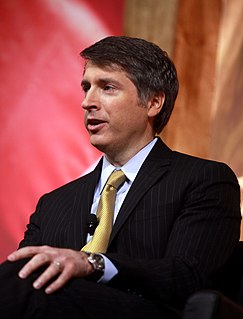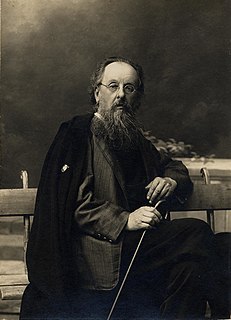A Quote by Robert Winston
Carbon dioxide is unusual because it doesn't go through the usual three phases of matter, from solid to liquid to gas, but it goes straight from solid to gas. The volume of the gas is much greater than the volume of the solid. When a solid turns into a gas, we say it sublimes. The process is sublimation.
Related Quotes
You often hear when you talk to guys in our industry, that this is my personality, I just turn the volume up, but over the years, I've really become me. No volume turned up, no nothing. I've been able to go out there and just be myself. It's through solid performance after solid performance that people just take you for who you are.
Today, natural gas now outstrips coal as the leading provider of electricity in America. If this is as big as people believe it is, natural gas will soon be powering trucks and marine ships. Maybe even standard commercial cars that people use at home through compressed natural gas, other gas to liquids. The potential is there for more energy independence by America and a reliance on cleaner fuel - natural gas emits half as much as coal, in terms of carbon emissions. That's a real bounty.
I swear to God, if my kids, when they're 18, if they come to me and say, 'Dad, I love pumping gas. I love getting up in the morning, I love grabbing the handle, I love the smell of the gas station,' I'd say, 'Go for it,' because if you love it that much at 18, he's probably going to end up owning 25 gas stations by the time he's 30.
The horn of dilemma of energy politics is what really drives concern about this energy in this country, at the gut level for most people, is high gas prices. And if you really want to fight global warming and try to reduce our carbon emissions, the cleanest, easiest, most rational way to do it would to make the price of gas even higher through very stiff gas prices.
The simplest way to remove carbon dioxide, the main greenhouse gas, is to grow plants - preferably trees, since they tie up more of the gas in cellulose, meaning it will not return to the air within a season or two. Plants build themselves out of air and water, taking only a tiny fraction of their mass from the soil.
Consider a cask filled with a highly compressed gas. If we open one of its taps the gas will escape through it in a continuous flow, the elasticity of the gas pushing its particles into space will continuously push the cask itself. The result will a continuous change in the motion of the cask. Given a sufficient number of taps (say, six), we would be able to regulate the outflow of the gas as we liked and the cask (or sphere) would describe any curved line in accordance with any law of velocities.




































